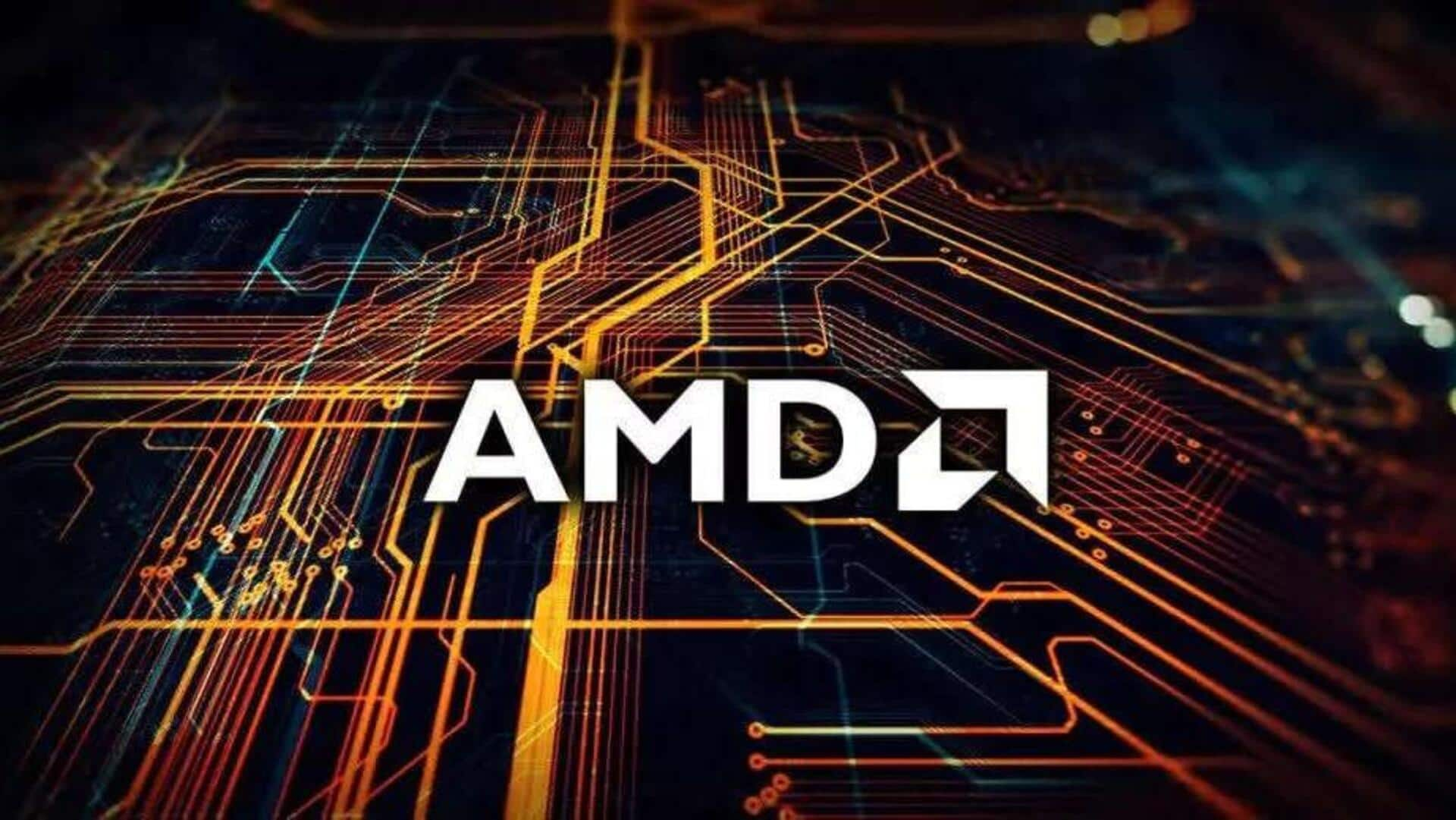
Intel's chip market dominance under threat from AMD
What's the story
AMD is steadily gaining ground in the global PC market, currently dominated by Intel.
According to a report by Mercury Research, AMD has made significant progress particularly in the data center sector.
It gained 5.6% market share from Intel in the category over the past year, indicating a quarterly gain of around 1%.
However, despite facing financial challenges, Intel continues to hold over 70% of the worldwide PC market share across desktops, mobile devices and data center products.
Market growth
AMD's significant gains in data center sector
AMD's significant growth is largely attributed to its MI300 family of CPUs, which have led to a 115% rise in revenue since last year.
Despite Intel maintaining a dominant position with a 75.9% market share in data centers, both companies earned almost equal amounts from data center sales in Q2—around $3 billion each.
Revenue boost
High-end AI accelerators drive revenue growth
AMD's MI300 accelerators have reportedly earned $1 billion faster than any other product in its history.
This success underscores AMD's ability to capitalize on its high-end AI chips, despite Intel leading in volume sales.
On the client hardware side, encompassing desktop and mobile sectors, AMD has seen slower but steady progress with a market share rise of 3.8% YoY, bringing it to 21.1%, compared with Intel's 78.9%.
Sector performance
AMD's market share in desktop and laptop sectors
In Q2, AMD lost 1% of desktop market share to Intel, leaving Intel with 77% of the market. However, AMD still managed a YoY gain of 3.6% in this segment.
In terms of laptop CPUs, AMD now holds a 20.3% market share after gaining 3.8% since last year while Intel controls a significant 79.7%.
Future outlook
Future prospects with Ryzen AI 300 CPUs
AMD is optimistic that its forthcoming entry into the Copilot+ PC market with its Ryzen AI 300 processors will help shift the balance.
These Zen 5 CPUs are currently offered in select laptops and are expected to receive Microsoft's official endorsement as "AI PCs" in the near future.
This development could potentially boost AMD's market share in the laptop sector, further challenging Intel's dominance.